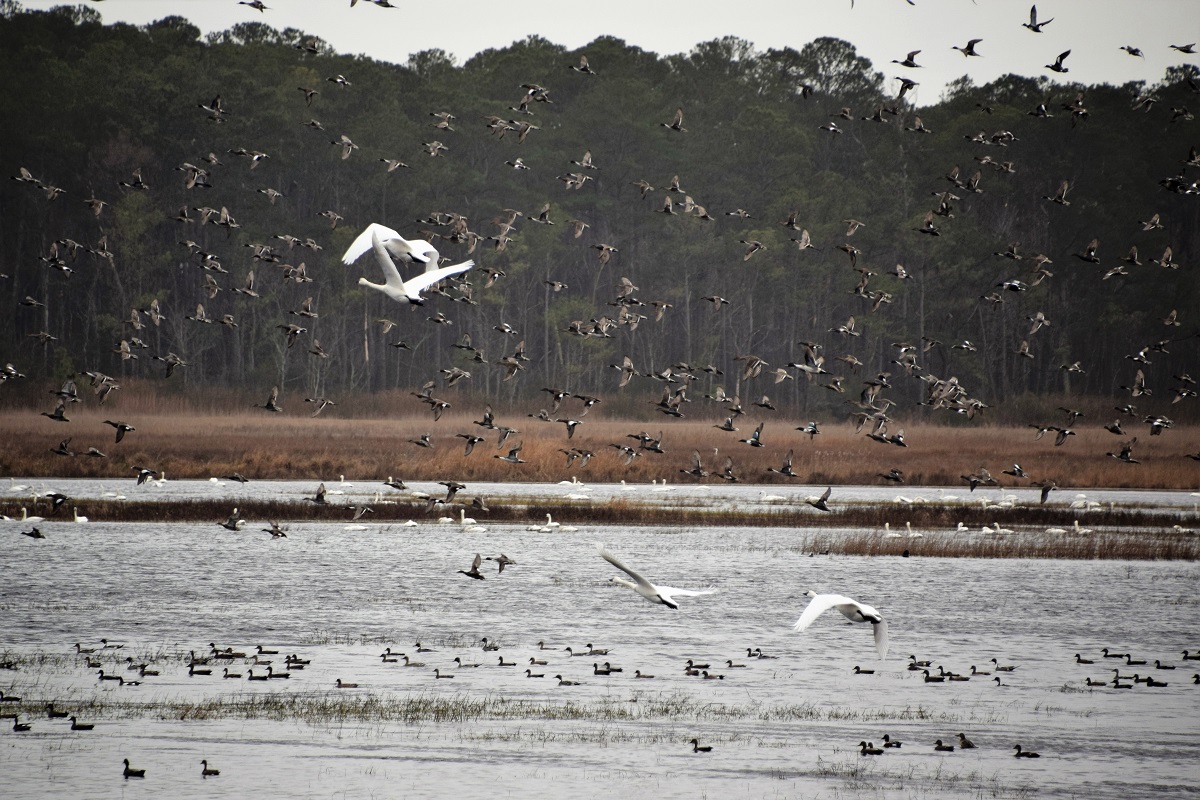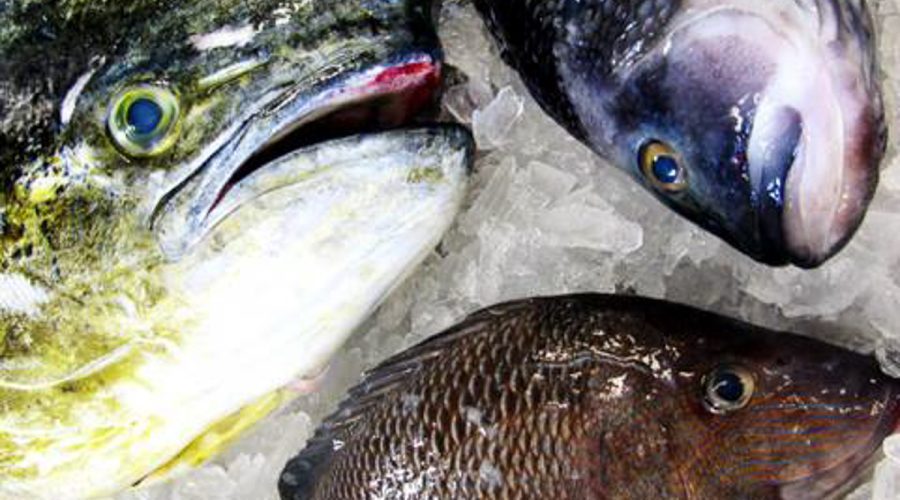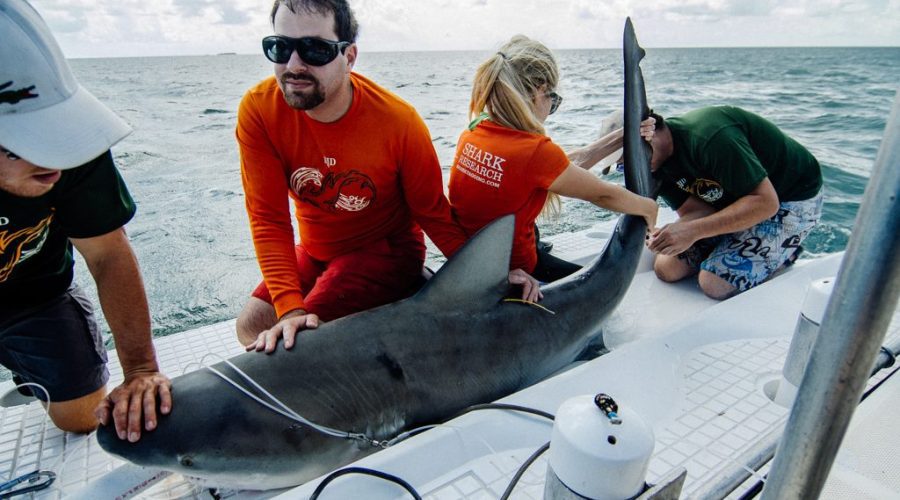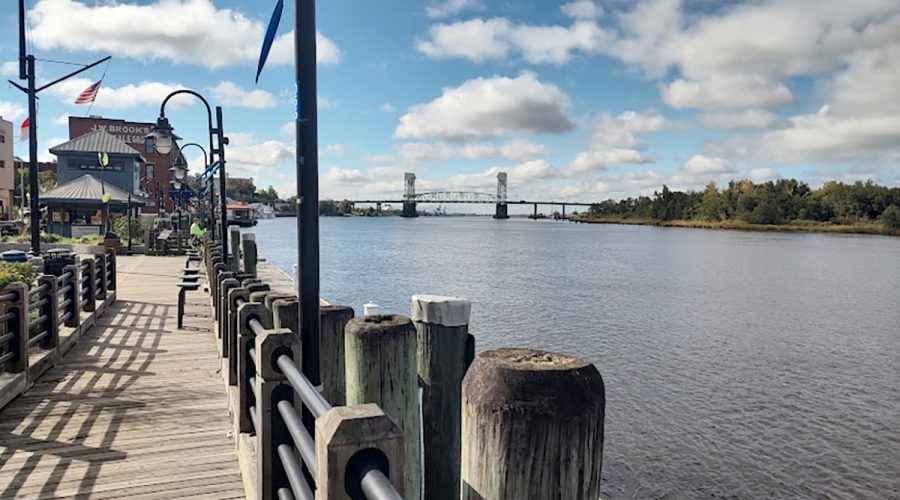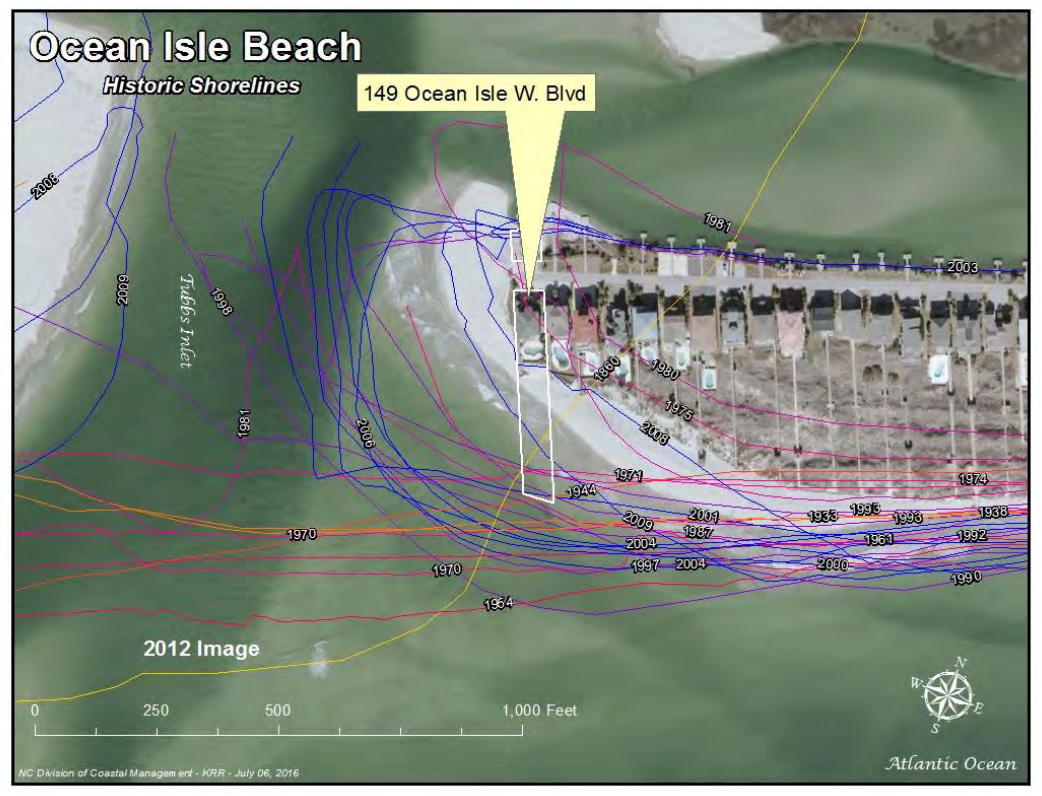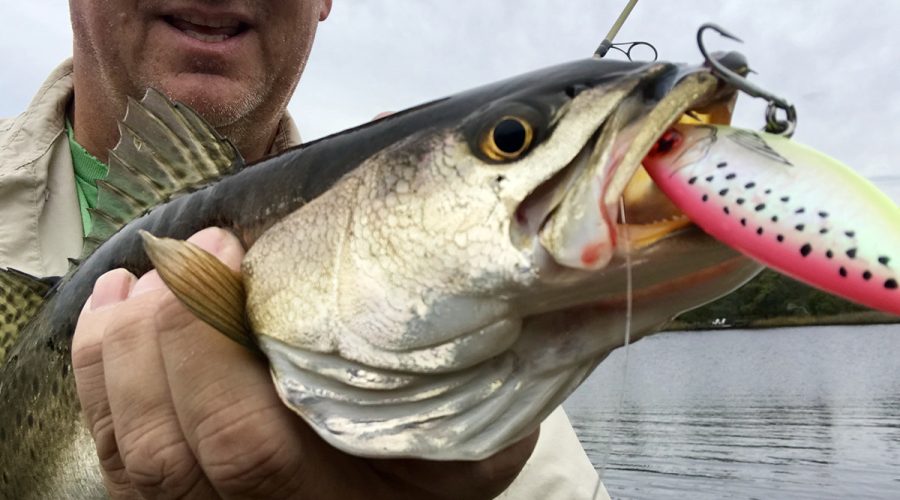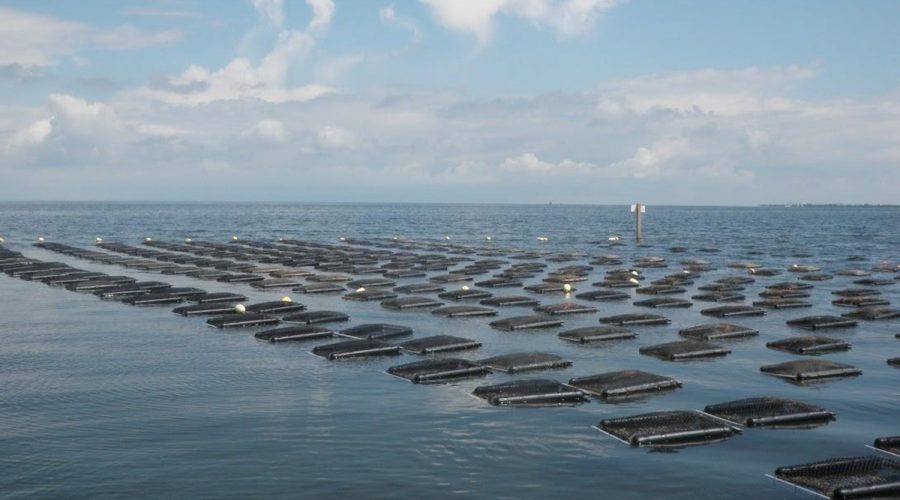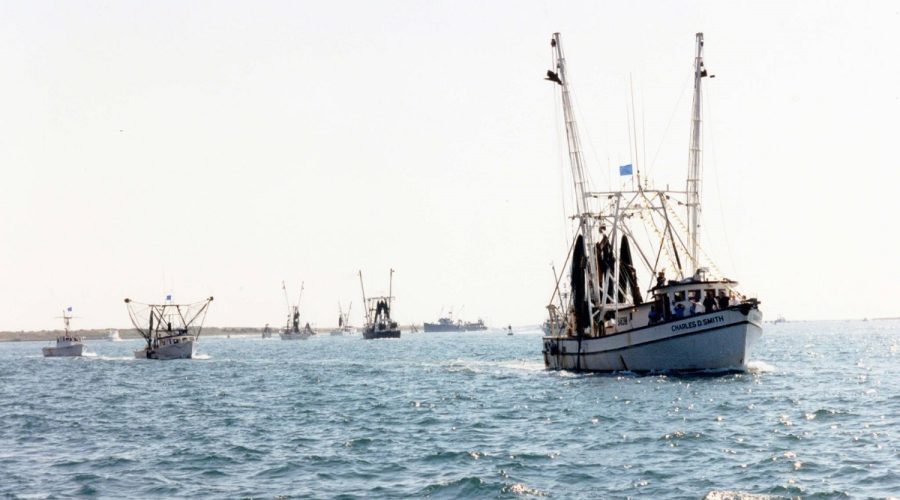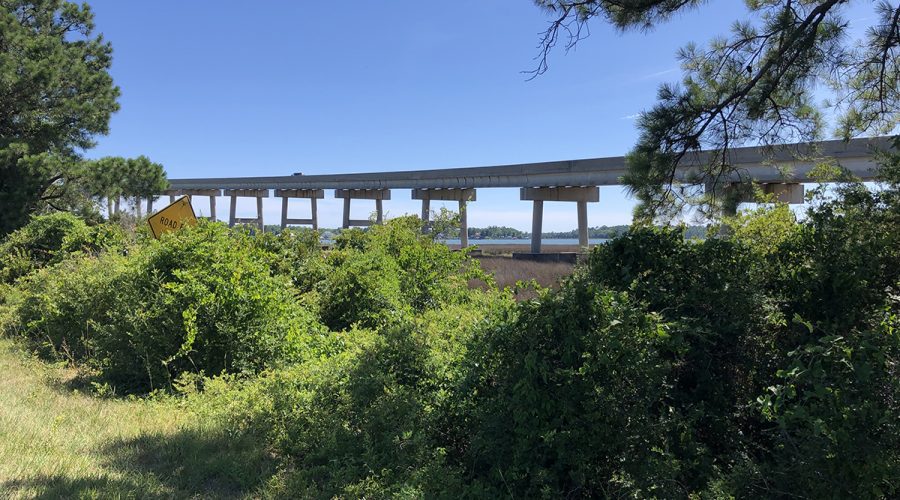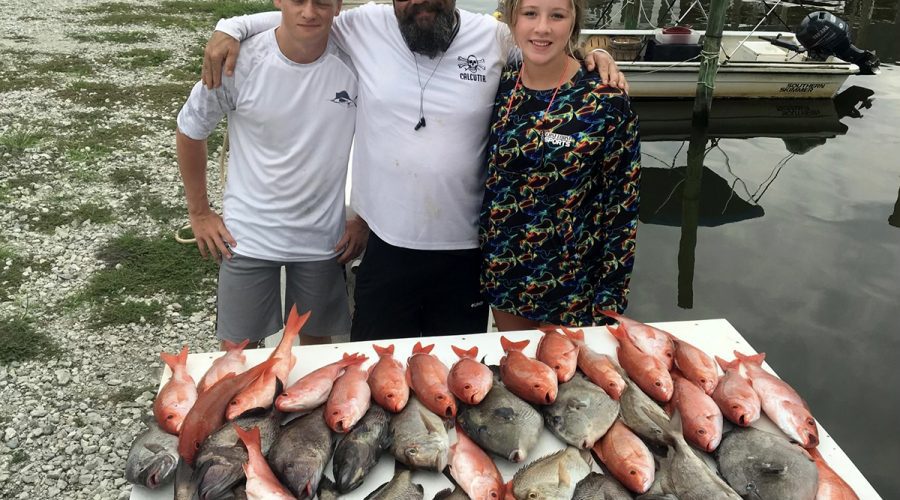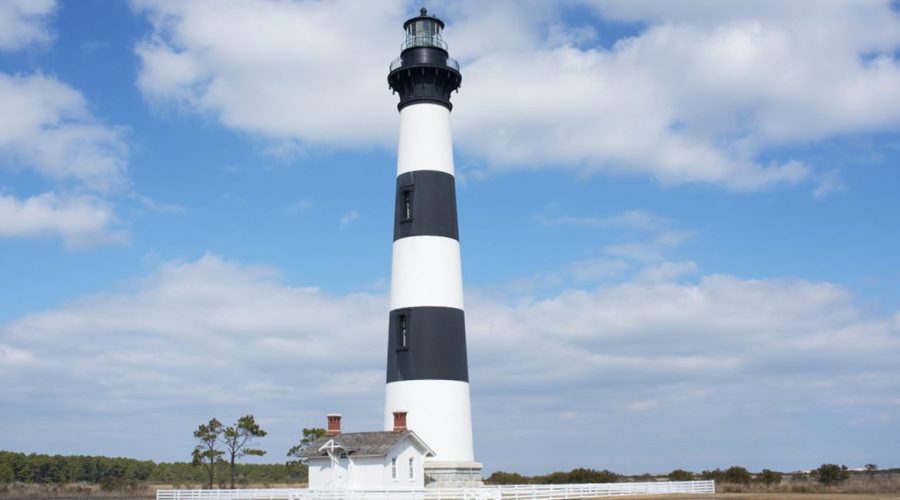In our continuing history series about North Carolina’s 20 coastal counties, historian Eric Medlin frames Hyde County’s natural resources as its greatest asset.
Featured
Defining terms: What does ‘sustainable seafood’ mean?
“Sustainability” has multiple meanings, but in the context of seafood, the word has social, economic and environmental implications. Second in our continuing series examining the role and sustainability of seafood in a healthy diet.
Why do sharks matter? Author Dr. David Shiffman explains
Dr. David Shiffman is on a mission to reach the public through his new book “Why Sharks Matter: A Deep Dive with the World’s Most Misunderstood Predator.”
Toxins study notes Clean Water Act’s ‘unfulfilled promise’
The upper New and the lower Cape Fear River watersheds were two of the nation’s top five watersheds with the highest amounts of toxins discharged in 2020, according to the new study from the N.C. Public Interest Research Group.
White House rolls out plan to fight hunger, improve health
The national strategy focuses on improved access for Americans to more nutritious food options with more than 100 organizations and businesses ponying up more than $8 billion to help reach the plan’s goals.
Division pulls new inlet hazard area development rules
Changes to other coastal management rules had removed a key provision while the recently approved shoreline development rules were still being considered.
EPA launches office for advancing environmental justice
The new Office of Environmental Justice and External Civil Rights will oversee a $3 billion climate and environmental justice grant program created under the Inflation Reduction Act.
Speckled trout await: Roadside spots ideal for fall fishing
Every fall, speckled trout move by the thousands into creeks crossed by roads and bridges, where an angler needs only the proper approach and equipment.
Growers will need approval to build floating structures
The Coastal Resources Commission will require shellfish farmers to go through the variance process to build floating structures in their lease areas.
Two events set to pay tribute to fishing industry, families
The 25th Blessing of the Fleet in Morehead City is set for Sunday morning and the Swansboro Blessing of the Fleet is Oct. 7.
Sneads Ferry, Newport shaped by Marine Corps neighbors
The two coastal communities would each likely be dramatically different today if not for their neighboring Marine Corps installations.
‘Absolute gall’: Chemours’ expansion plan angers residents
As plant officials offered assurances Wednesday that the move would not increase emissions, people who live in the lower Cape Fear region vented their anger during an open house in Leland.
PFAS detected in stain-resistant school uniforms: Study
A new study finds that children’s school uniforms marketed as waterproof or stain-resistant contain high levels of PFAS.
Chris Medlin continues family’s fishing traditions, business
Family is especially important for Chris Medlin, owner of East Coast Sports in Surf City, who comes from a long line of coastal business owners, dating back to the late 1940s.
Lighthouse builder Dexter Stetson laid sturdy foundations
The construction supervisor employed his structural solution to problems encountered when building the Hatteras light in later projects at Bodie Island and Currituck Beach.
Discharge permit requires Chemours remove 99.9% of PFAS
Environmental advocates who pressed for tighter standards than first proposed say the result is the nation’s most stringent limits on discharges of perfluoroalkyl and polyfluoroalkyl substances.

